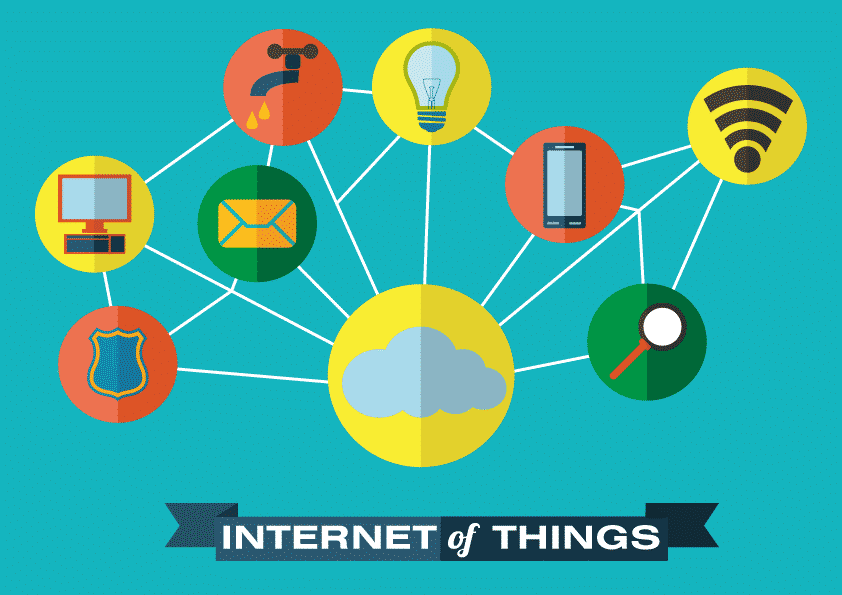Internet of Things (IoT) is everywhere, and it’s expanding, as one of the largest and fastest growing segments of the field service space. By the numbers, in 2016, 6.4 billion devices were connected, which is less than a third of what it is expected to be by 2020 when industry analyst says over 20.4 billion devices will be connected.
That’s a lot of devices, information, data, and sharing happening, and in the field service management space, it has changed how many organizations are doing business. IoT, and Machine to Machine (M2M) are nothing new, and have been around since the 1980s, however, within the last couple of years the use of the technology has skyrocketed, especially in field service, as advances in field service software and its ability to connect with sensors to monitor equipment for possible service calls has allowed those in the field service industry to better serve their customers through predictive maintenance, as opposed to preventative or waiting for something to break down.

One of the major reasons why IoT has seen a surge and will continue to surge is due to the age we now currently live in, where businesses needed data and an abundance of it to troubleshoot and maintain equipment and systems, while also finding ways to reduce time and costs associated with that. For field service organizations, all this new data is being fed into their field service management software where it can be analyzed and transformed into service calls for predictive maintenance. For organizations who depend on multiple machines or pieces of equipment to work together, keeping them at their top working performance is mandatory to the success of their business, and IoT is helping to ensure that field service organizations are keeping their full attention on those machines, and keeping them running at their top efficiency levels.
The cost of implementing IoT solutions has greatly reduced over the last decade, and with advances in wireless technology, more machines have been able to be connected, which has resulted in the spike in IoT technology. Cloud-based field service software offers a secure space for data to be stored, while also giving field service organization a way to manage their work orders and entire service department. With more flexibility comes opportunities for greater use, and with continuous advances in new technology, from IoT sensors to field service management software and mobile app capabilities, Big Data solutions are becoming the next big thing in the field service space.
For field service providers, IoT can be a game changer for their organization, as IoT platforms offer new innovative sources of revenue through predictive maintenance contracts and constant monitoring. Service providers will need to develop a sound strategy to utilize the new innovations in IoT and M2M, and that would include a field service management software that is capable of handling the large volume of new data they are about to receive, and the ability to analyze that data into useful information and work orders to better serve their customers.

